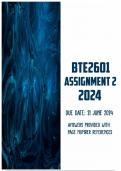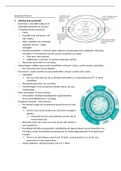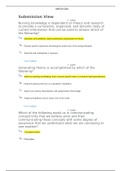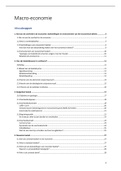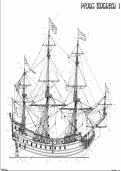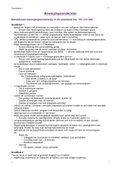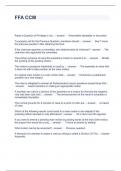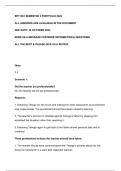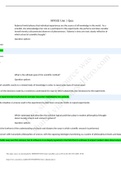Exam (elaborations)
BTE2601 Assignment 2 2024 | Due 21 June 2024
- Course
- Becoming A Teacher (BTE2601)
- Institution
- University Of South Africa (Unisa)
- Book
- Becoming a teacher
QUESTION 1 1.1. Define the following terms: 1.1.1. Pedagogy (2) 1.1.2. Pedagogical Content Knowledge (2) 1.1.3. Epistemologies (2) 1.1.4. Rote learning (2) 1.1.5. Indigenous Knowledge Systems (2) (10) QUESTION 2 2.1. Discuss three (3) advantages of critical education theory. [3X2] (6) 2.2...
[Show more]
